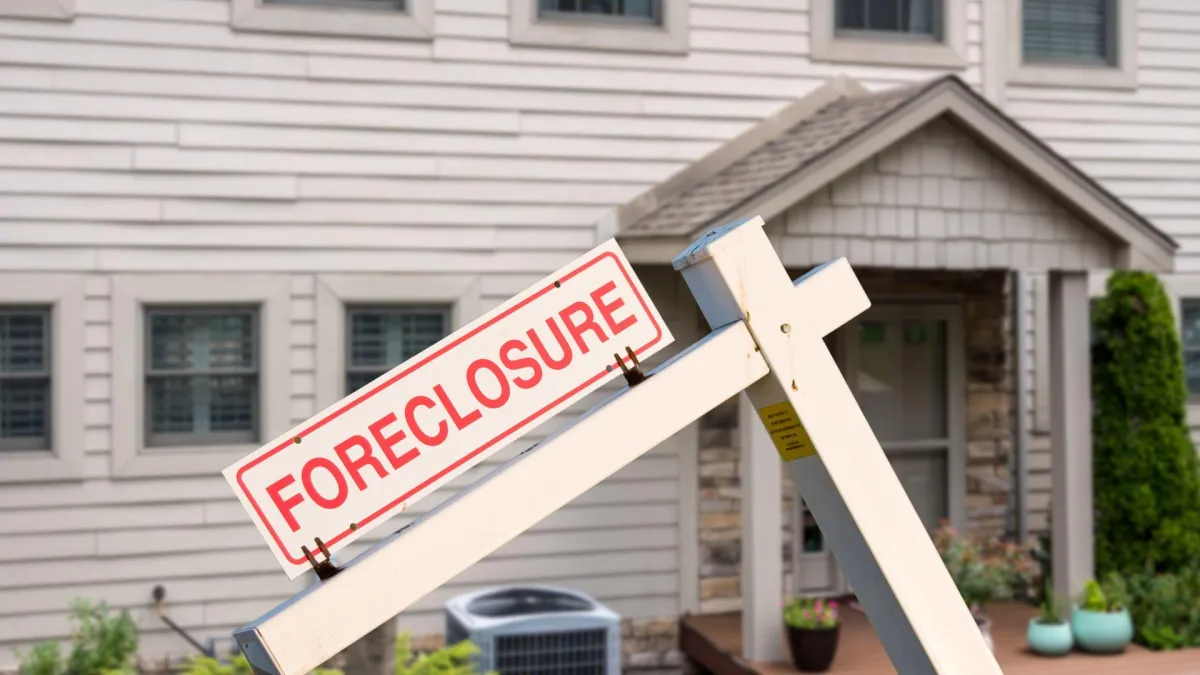
Mortgage Basics
Foreclosure
Mortgage foreclosure is a legal process by which a lender attempts to recover the balance of a loan from a borrower who has stopped making payments to the lender by forcing the sale of the asset used as the collateral for the loan, typically the borrower's home. Foreclosure can occur when a homeowner fails to make mortgage payments on time, violating the terms of the mortgage agreement. The process and implications of foreclosure can vary significantly depending on the state's laws where the property is located, as some states require that lenders go through the court system (judicial foreclosure), while others do not (non-judicial foreclosure).

Stages of Foreclosure
Missed Payments
Foreclosure proceedings typically begin after the borrower misses several mortgage payments. Lenders may allow a grace period and offer options for catching up on payments.
Notice of Default
If the borrower continues to miss payments, the lender will issue a Notice of Default (NOD), a formal indication that the loan is in default. This is often recorded in public records.
Pre-Foreclosure
During this period, the borrower can either pay off the default amount to avoid foreclosure, sell the home in a short sale if the home's value has fallen below the amount owed, or negotiate a loan modification.
Auction
If the borrower cannot remedy the default, the lender may put the property up for auction to recover the unpaid loan amount. The auction process varies by state.
Post-Foreclosure
If the property does not sell at auction, it becomes a real estate owned (REO) property, and the lender takes full possession. The lender may then sell the property through a real estate agent.
Consequences of Foreclosure
Credit Impact
Foreclosure significantly damages the borrower's credit score and can remain on a credit report for up to seven years, making it difficult to obtain future loans or credit.
Loss of Home
The most immediate and emotional consequence is the loss of the home, along with any equity the borrower may have built.
Appraisal
An appraisal is often required to assess the current value of your home, which affects the loan-to-value ratio and the terms of the refinance.
Deficiency Judgments
In some cases, if the sale of the foreclosed property doesn't cover the outstanding mortgage balance and fees, the lender may pursue a deficiency judgment against the borrower for the remaining amount.
Avoiding Foreclosure
Homeowners facing financial difficulties should contact their lender as soon as possible to discuss alternatives to foreclosure, which may include:
Loan Modification:
Changing the terms of your loan to make your payments more affordable.
Forbearance
Temporarily reducing or suspending payments to allow you to catch up later.
Repayment Plan
Spreading out missed payments over a longer term.
Short Sale
Selling the home for less than the mortgage balance with the lender's approval.
Deed in Lieu of Foreclosure
Voluntarily transferring the property title to the lender to avoid foreclosure.
If you have questions, let's chat!

For information purposes only. This is not a commitment to lend or extend credit.
Information and/or dates are subject to change without notice. All loans subject to credit approval.
CA Department of Real Estate #01505999
©2024 RHM Loans | NMLS: 2436860 |
